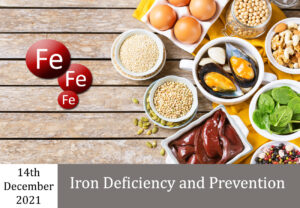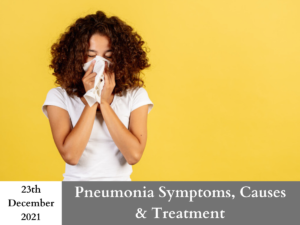Food is the key to living for every living being. We need food for every physiological movement. Therefore, to live a healthy life, our food should be healthy and nutritious. However, many people deal with diseases or illnesses after eating food. Those illnesses are called Food Borne Diseases. According to a WHO survey, every year contaminated food causes 600 million illness cases and 420,000 deaths. To prevent it, we should know about food safety, the diseases, effect, cause, and treatment. Some Frequently Asked Questions (FAQs) may help you.
How foods borne illnesses affect the body?
The food deterioration of food from bacteria, viruses, parasites, or microbes that contaminate food causes food-borne illness. Also, some chemicals and heavy metals contaminate food. When any person eats that contaminated food, it affects the digestion system badly. The symptoms can be dangerous or fatal. Indications of food-borne illness include vomiting, fever, aches, and diarrhea.
After eating contaminated food, bacteria or microbes start infecting the intestine through the stomach and start growing there. And that majorly result in gastrointestinal issues. The results of food-borne illness for a long time include kidney failure, liver failure, brain and neural disorders, reactive arthritis, cancer, and death.
Anyone can get food poisoning through contaminated food; however, it is crucial to mention that
- Children (5 years of age)
- Older Adults (more than 65 year of age)
- Pregnant Women
- A person who has some medical issues like kidney disease, diabetes, liver disease, HIV/AIDs, or transplanted organs is more prone to get food poisoning.
How to prevent food poisoning?
Food poisoning is life-threatening, so to prevent it must follow some simple steps. However, the role of food safety is crucial to stop food poisoning. Here are some simple steps for food safety and avoid foods borne illnesses.
- Some foods are prone to catch bacteria and protozoa. For instance, raw meat, eggs, and poultry are foods that can contaminate easily. Therefore, separate them from other foods while purchasing and keeping them in the refrigerator.
- Cleaning is one of the most important works to prevent food-borne illness or food poisoning. Clean your hands before cooking. Clean the vegetables, fruits, pulses, or whatever you will cook properly. Also, clean knives, chopping boards, and utensils before using.
- Cook your food at the right temperature. So that it helps kill bacteria inside the food.
- Do not ever use foods after the expiry date. For instance, packet milk or bread gets some bacteria if it is not of the use-by date.
- Chill leftovers in the refrigerator under 5°C. So, the leftover food does not get contaminated and is safe for eating.
What to do to prevent severe food poisoning?
It may take one to ten days to recover from food poisoning. And that depends on how much the infection you have caught. Initially, when you find food poisoning symptoms, drink plenty of water and use electrolyte solutions to recover. Avoid food, and do not eat until you feel ready. Eat non-fatty foods, like rice, toasts, and crackers.
If the infection becomes severe, that means the fever is high (temperature is more than 102˚F), frequent vomiting and bloody diarrhea are observed, must visit an expert doctor.
7 mistakes of food handling and food safety:
1. Hand washing : People avoid hand wash or nowadays they use sanitizer before eating food. However, sanitizers have harmful substances that are toxic for children and adults too. Therefore, it is right to wash hands properly with hand wash or soap for at least 20 seconds before eating or cooking.
2. Do not taste contaminated food : Sometimes, only through smell, it cannot be predicted whether food is spoiled or not. Hence, we taste it. But tasting also can be the cause of food poisoning. It is good to throw the food of expiry date or contaminated food.
3. Undercooking meat, eggs, or seafood : Only smell or taste may not be reliable to know whether your food is cooked correctly or not. However, properly cooked food prevents food poisoning. Therefore, one can check the temperature through a thermometer. Proper temperature helps killing harmful bacteria, hence no foods borne diseases.
4. People do not think twice before executing the mistake of the number 4. They wash raw meat and poultry in the sink, which can spread bacteria in the kitchen sink. To avoid it, use paper towels to dry out the meat and throw them away.
5. Cross Contamination : Some foods are contaminated. And after treating them with a knife and chopping board, using the same equipment for other foods can cause cross-contamination. Important to note, if contaminated food is kept together with other food items, other foods also get contaminated. It is also an example of cross-contamination. Therefore, keep food separately and wash knives, chopping/cutting boards, and utensils are required.
6. Refrigerate food at proper temperature : Keep your refrigerator at a high temperature is unsafe for your food. Because bacteria and germs can increase in high temperatures. Hence keep the temperature around 5°C in your refrigerator.
7. Cleaning utensils with a sponge for a long time can spread germs. Change the sponges after 2-3 weeks. And cleaning sponges or rugs with warm water with a dishwasher is needed.




